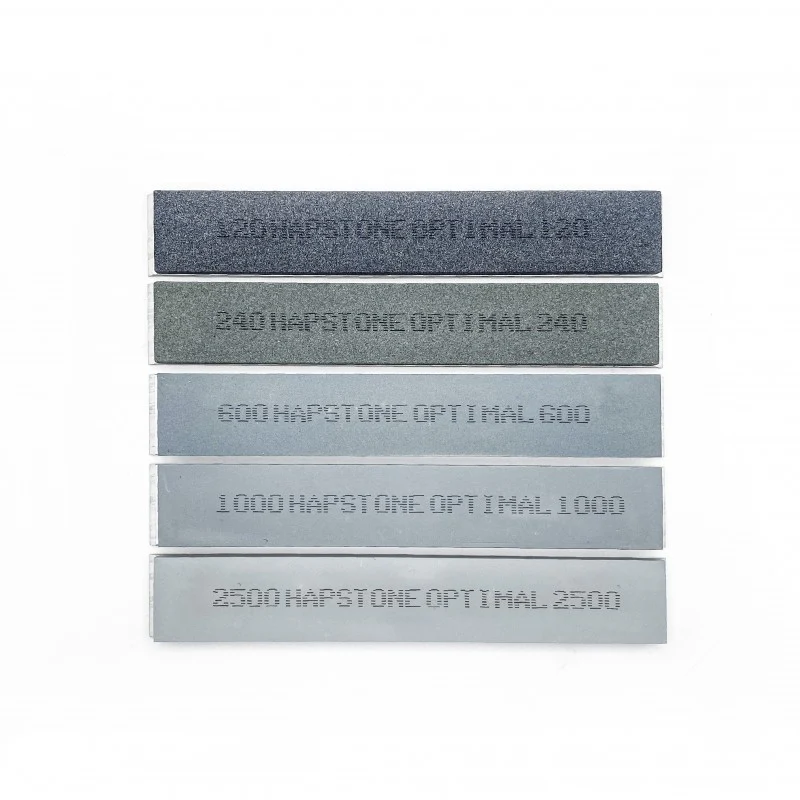Answer

Jan 23, 2025 - 04:57 AM
Hello!
That's a great question!
While our silicon carbide (SiC) stones are indeed hard enough to sharpen German and Japanese chef's knives, including your Zwilling Henckels Pro-S and Shun knives, there's a chance that the softer stainless steel could cause slightly faster wear on the stones compared to harder steels.
This is because softer steels tend to generate more swarf (metal particles) during sharpening, which can potentially dislodge the abrasive grit from the binder over time.
However, this wear is usually minimal and won't significantly affect the lifespan of the stones, especially with proper care and cleaning.
To minimize wear and ensure the best performance, I recommend considering our Boride T2 or PC series stones.These stones are specifically designed for sharpening softer stainless steels and offer a slightly less aggressive cutting action, which can help to reduce wear and tear on both the stones and your knives.
Here are some key advantages of the Boride T2 and PC series:
- Excellent for Softer Steels: They are optimized for sharpening a wide range of stainless steels, including those commonly found in German and Japanese kitchen knives.
- Smooth and Controlled Sharpening: They offer a smooth and controlled sharpening experience, minimizing the risk of damaging the delicate edges of your knives.
- Long-Lasting Performance: These stones are known for their durability and longevity, even with frequent use.
Ultimately, the choice depends on your preferences and sharpening style. If you're looking for the most versatile and long-lasting option for your German and Japanese knives, the Boride T2 or PC series would be an excellent choice.
If you have any more questions, please don't hesitate to ask!
Sincerely,
Mario Hapstone


